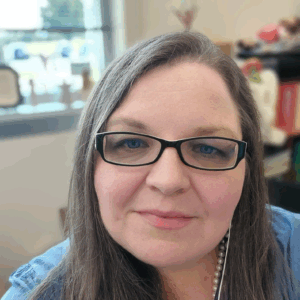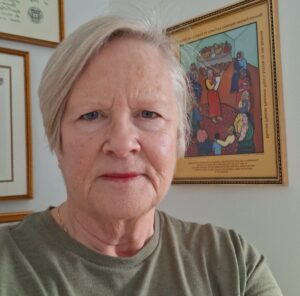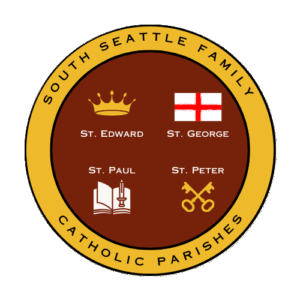DD Synod Response: Women’s participation is a hallmark of synodality

As global delegates to the Second Session of the XVI Assembly of the Synod on Synodality completed their work in Rome and published their final document, we are heartened by the momentous conclusion of this three year synod. The final document – framed in terms of the three disciples who meet the risen Christ – roots synodality in the mystery at the heart of our Church, a mystery first revealed to women and to men who together are called to bear witness to the peace of Christ and the gift of the Holy Spirit.
Women’s participation is a hallmark of synodality. Women contributed at every stage of the process: inviting marginalized populations to participate, animating consultations, preparing resources, forming facilitators, writing syntheses, preaching reflections, offering wisdom from religious life, sharing vulnerably about the struggles and dreams we carry for our Church, and modeling trust in the power of encounters to spark conversion.
The final document reflects this sustained contribution, and the difference it made to expand the voting membership of the General Assembly to include women. Together – women and men, lay and ordained – the synod members have charted a course for our Church to be more transparent, accountable, participatory, and co-responsible for mission.
The document avoids essentializing language about gender, grounds the path forward in our shared baptismal identity, and enshrines women’s ongoing participation in leadership: “There is no reason or impediment that should prevent women from carrying out leadership roles in the Church: what comes from the Holy Spirit cannot be stopped.” (par. 60)
Furthermore, the document dispels confusion about the active discernment in the Church about women’s inclusion in the diaconate. The document plainly articulates that “the question of women’s access to diaconal ministry remains open. This discernment needs to continue.”
We are encouraged that this document, which was approved and offered by Pope Francis in lieu of a separate apostolic exhortation, is authoritative and has magisterial value. This clarifies the many concerns which were raised by the Holy Father’s interview on 60 Minutes earlier this year, which many took as an indication that the discernment was closed. At the time, we stated that we would trust the synodal path which Pope Francis had laid out wherein all of the faithful are invited to listen, discern, and dream. We are grateful that Synod members have also been listening to the dreams of women and the many communities which are calling forth their ministerial leadership in response to urgent pastoral local needs. It is very good that the discernment about women and the diaconate continues, and we hope to contribute – synodally – to its maturation.
Synod members, including Pope Francis, also affirm the vocation of the deacon to “respond to the specific needs of each local Church, particularly reawakening and sustaining everyone’s attention to the poorest in a Church which is synodal, missionary and merciful.” (par 73) We share in this call to encourage local Churches to promote the permanent diaconate, recognizing that this ministry can be a valuable resource for the growth of a servant Church with openness to all, especially the poorest.
We look forward to the forthcoming implementation phase of the Synod and to continuing to serve the synodal discernment about women and the diaconate. We seek to animate the diakonia of Jesus – in response to Jesus’ unconditional love for each one of us, of which Pope Francis reminds us in his most recent encyclical on the Sacred Heart of Jesus. From this love springs forth our desires to keep discerning the will of the Holy Spirit for how we are to walk into the future together.


